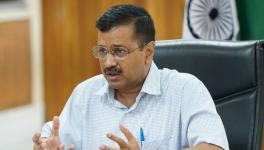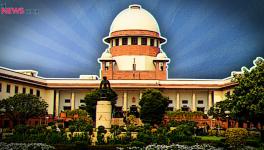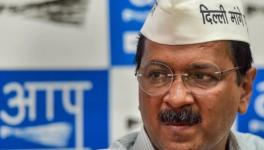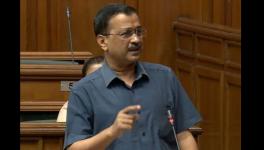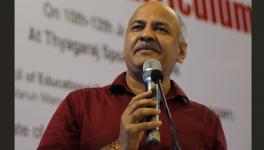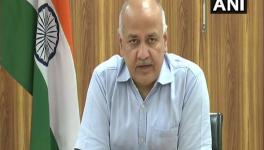COVID-19: ‘Set up Committee for Monthly Audit of Treatment, Billing by Private Hospitals’
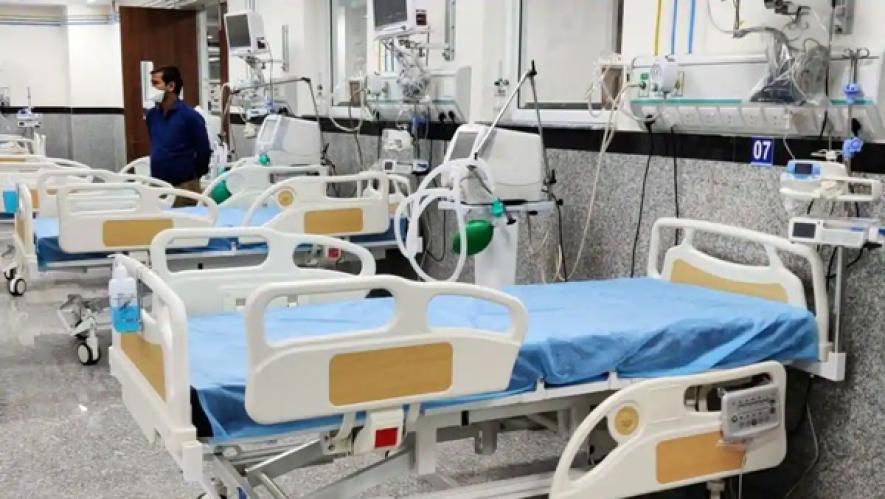
New Delhi: Predatory pricing by private hospitals providing COVID-19 treatment in Delhi has led to financial exploitation of patients and families during the ongoing pandemic. Massive overcharging, even running up to lakhs of rupees, has been a common complaint by families of patients, as per their testimonies in a virtual meeting held on Saturday.
The meeting was hosted by the All India Drug Action Network (AIDAN), Praxis and Partners in Change to highlight the plight of COVID patients in Delhi, who have been fleeced by some high-profile private hospitals.
On June 20, the Delhi government had issued an order fixing package rates for COVID-19 treatment in private hospitals. According to the order, this pricing would apply on up to 60% of total hospital bed capacity. However, even though it has been more than a month since the issuance of the orders, private hospitals are still refusing to comply with it.
Patients are continuing to suffer due to overcharging and unethical billing practices. The Delhi government has not made any efforts to enforce the order, and no formal action has been taken against the private hospitals violating it, despite repeated complaints, public health activists said in the meeting.
As a result, on July 25, civil society organisations and networks wrote a letter to Delhi Chief Minister Arvind Kejriwal and Lieutenant governor Anil Baijal, expressing concern over the lack of effort by Delhi government to enforce the June 20 order, and letting private hospitals violate it.
The letter said, “We would like to note that the behaviour of private hospitals is no accident, but rather a direct consequence of the failure of the Delhi government to provide transparent information to the public regarding various aspects of the policy and to take measures towards enforcement, which has enabled private hospitals to violate the rules with impunity.”
The letter pointed out the various ways in which private hospitals have been “financially exploiting” patients and their families. These include not informing patients about the government rates at the time of the admission and/or actively misleading patients about the treatment rate caps imposed by the government, not providing information about fixed rate beds available at the time of admission, not applying government rates for insured patients, hospitals taking liberties to charge high rates for twin-sharing or single rooms, charging separate amount for medicines.
Investigations, PPE kits, etc. should be included in the government package, the letter said, adding that several hospitals were not taking informed consent for administering experimental therapies.
Several private hospitals have also been falsely billing patients for care that was never provided, and there are visible differences in the care that is provided to the patients paying hospital rate and government rates, the letter pointed out.
There have been several cases of patients being detained until the bill amount is settled by the family, even when the billing is in violation of Delhi government orders.
The letter also pointed out that hotel rooms attached to some private hospitals are not being attended by doctors or medical staff. It also alleged that there were complaints from patients that the attached hotel beds were not manned by any medical or hospital staff and doctors were completely absent, including for taking rounds, and as such patients were not receiving medical attention despite being billed at high rates.
“The government has not put in place any measures to ensure enforcement and implementation of its own policy pertaining to fixed rates for COVID-19 treatment. Grievance redressal mechanisms of the government are not functional, empathetic or supportive to patients,” the letter added.
During the meeting, relatives of patients who have suffered in private hospitals shared their testimonies.
Mayanka Sanghotra, who lost her mother to COVID on July 17, narrated her ordeal at the Shanti Mukand Hospital in Karkardooma. She said her mother, Narender Kaur, had been admitted to the hospital on June 24. When she took her mother to the hospital, shewas not informed about the government rates, and was told by the hospital administration to deposit Rs 4 lakh in advance so that her mother’s treatment could be started.
In a complaint addressed to the hospital administration on July 11, Mayanka wrote: “ At the time of my mother’s admission on 24 June, my family was not informed about the rates fixed for COVID-19 treatment by the Delhi Government. We were told that the hospital had a COVID-19 package for ICU admission and my brother’s signature was taken as consent for applying the same. We were asked to immediately deposit Rs. 4 lakhs but because it was too large a sum, we could only deposit Rs. 50,000 that day. We continued making payments to the hospital over the next few days and had paid Rs. 2 lakhs by 3 July.”
On July 7, she said she received a provisional bill of Rs. 7,45,136 for 12 days of admission.
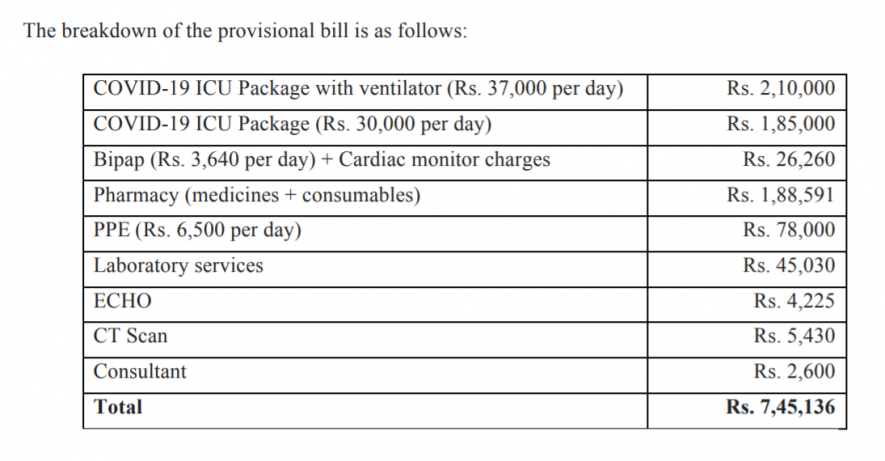
Mayanka later received a call from the Delhi government’s health department and was asked to go to the billing department of the hospital and negotiate with them to solve the issue. The problem was finally solved with intervention from AIDAN. However, on July 17, two hours after the hospital finally settled her bill as per the Delhi government order, Mayanka’s mother passed away from cardiac arrest. “Private hospitals are running their business at the expense of human lives, am anguished Mayanka said in the meeting.
Nitin Kumar and his mother, Biney Rani, said they faced a similar situation at Max Smart Super Speciality Hospital, Saket. At the time of his admission, Nitin was informed that he would be billed as per the Delhi Government COVID-19 package rates. A deposit of Rs. 50,000 was also paid for his treatment. In spite of opting for Delhi Government rates, he was given a final bill that included various additional charges that, as per the government order, should have been included within the isolation bed package rate.
Nitin said in his complaint letter dated July 23: “I have been charged a total of Rs. 6998 for FabiFlu. During my admission, I was simply asked to take this medicine by the nurse. I have come to learn that the informed consent of the patient is a must before administering this medicine. I would like to state that neither was I provided any information regarding this medicine nor was any consent taken from me. Moreover, even though I consumed this medicine for only 2 days (30th night – 2nd morning, 26 tablets), I have been charged for two boxes of FabiFlu (34 tablets each). I was not given any medicine to take home when I was discharged.” His mother went through a similar experience, he alleged.
Public health organisations and networks in their letter have , therefore, urged the government to institute a formal grievance redressal mechanism for timely redressal of formal complaints against private hospitals, and to maintain a live database that is publicly available on its website and provides details of complaints filed, including date, name of hospital against whom complaint has been filed, status of the complaint and details of action taken.
They have also asked the Delhi government to designate a committee, including civil society representatives, to conduct monthly audits of the treatment and bills of all private hospitals providing COVID-19 treatment.
The letter also urged the Delhi government to ensure that
private hospitals mandatorily make public their data on the number of COVID-19 patients they have treated since the Delhi government order on fixed rates for COVID-19 treatment came into effect on June 20, 2020.
“The data must indicate clearly the number of patients treated under the government 5 fixed rates and the number of patients who received treatment under the hospital’s own schedule of charges,” the letter added.
Get the latest reports & analysis with people's perspective on Protests, movements & deep analytical videos, discussions of the current affairs in your Telegram app. Subscribe to NewsClick's Telegram channel & get Real-Time updates on stories, as they get published on our website.









